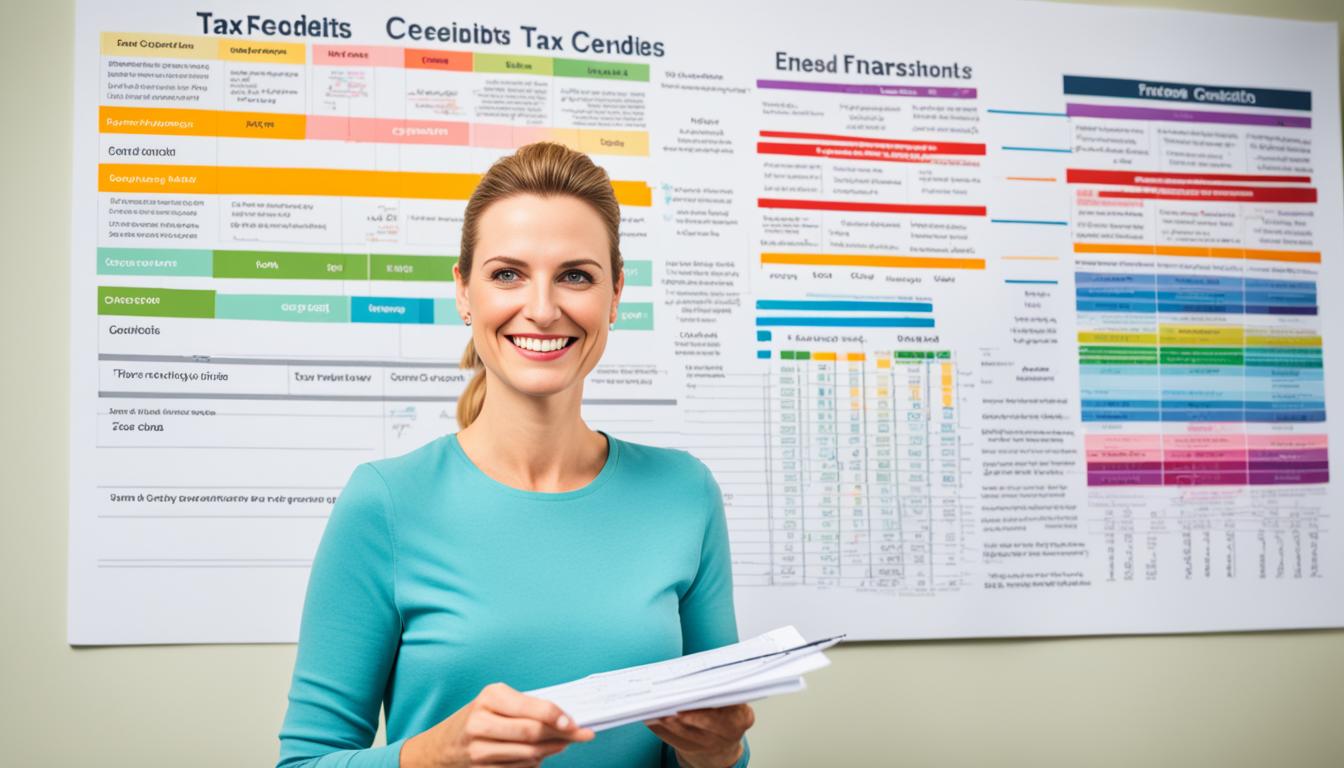Zero-based budgeting is unique compared to traditional ways of budgeting. It was created by Pete Pyhrr at Texas Instruments. With this method, every dollar in the budget needs a reason to be there. Zero-based budgeting starts every budget period with no thoughts on past budgets. Every cost, old or new, must be fully explained.
Many big companies and private equity firms now use zero-based budgeting. It helps make finances clear and controls company operations well. This can lead to spending less money. Yet, it takes a lot of work and might only focus on short-term goals.
Zero-based budgeting needs careful planning, especially if your income changes often. It works well if you earn the same amount or different amounts each time. You should know how much money you make each month. Make sure you spend less than you earn. Update your budget for unexpected costs. Stick closely to your budget to avoid spending too much.
What is Zero-Based Budgeting?
Zero-based budgeting starts each budget cycle from zero. Every cost must be proved. Pete Pyhrr created this method to control corporate costs better. Unlike old budget ways, which just update old budgets for new expenses, this needs a full cost review.
Every dollar of take-home pay gets a job. The goal is to match spending with income. Good budget planning boosts financial efficiency. For example, the 50/15/5 rule is good to follow. It means spending half of your take-home pay on needs, 15% on retirement, and 5% on short-term savings.
Zero-based budgeting focuses on planning to save money and spend less unexpectedly. It’s best for people with steady incomes. But, you must often check and tweak your spending to keep it in line with your budget. Saving first makes you disciplined in money matters.
It also makes you look closely at your spending. This helps tell needs from wants. Looking carefully at what you spend can stop you from spending too much. This helps you stay financially stable. Though reviewing everything well can be hard, the aim is to manage your budget well.
Pros of Zero-Based Budgeting

Zero-based budgeting helps a lot with managing money better and cutting unneeded costs. It makes everyone in charge of budgeting prove why each expense is necessary. This stops money from being wasted. A study by Accenture Strategy found that big companies using this method grew their use by 57% yearly from 2013 to 2017.
Big names like Kraft Heinz, Mondelez International, and Unilever use zero-based budgeting to manage costs better. They look closely at each expense, cutting what’s not needed. This means they don’t waste money on old costs that no one questions anymore.
Zero-based budgeting also helps focus on making more money by putting resources where they can grow income. Managers have to prove each dollar’s worth against the company’s goals. This careful watching over finances leads to big savings and better money management for the company.
Cons of Zero-Based Budgeting
Zero-based budgeting has big benefits, but it’s not perfect. It requires a lot of work because every cost needs a close look. This means a lot of time and work from every department.
This method could make teams think only about now, not the future. They might choose quick wins over long-term plans like research. This can hurt the company’s growth over time.
There’s also a risk that some could play the system to get more money. This goes against trying to make sure every dollar is well spent. Plus, all this effort may not always seem worth it in the end.
This way of budgeting brings up challenges. The need for deep reviews and focusing on short gains makes people wonder. They think if the good points really beat the bad ones.
Steps to Implement Zero-Based Budgeting

Starting Zero-Based Budgeting (ZBB) needs careful planning and tracking. First, identify your total monthly income. Then, split it into must-have and nice-to-have costs. This method is good for both personal and business money management. It ensures each dollar has a purpose, aiming for zero at the end by matching spending to earnings.
A key part of using zero-based budgeting is to always check and adjust your budget. Watch how your spending matches the budget. Change it as needed. This keeps the budgeting method useful all the time.
Also, how you split up your income is very important for consistent results. For instance, companies using ZBB save 10% to 25% in costs. This saving helps them invest in big projects and grow. Those savings are a big help, giving companies resources to grow and invest in new chances.
Research shows that ZBB can cut costs by 15% to 20%. This is great for companies wanting better financial strategies. With ZBB, cost savings can be 5% to 25%. This sets a strong base for financial health over time.
Zero-Based Budgeting for Personal Finances
Zero-based budgeting works great for personal finances too. It means giving every dollar you earn a job. This fits well with using the envelope system for managing money. You spread your income across your bills, savings, and paying off debt. This helps you keep track of money and reach your finance goals.
Expense justification is key in zero-based budgeting. It makes sure each spending is necessary. This approach doesn’t look at past budgets. Instead, it starts fresh every month to make the most of your money.
Big companies like Kraft Heinz and Mondelez use zero-based budgeting too. It works well for them. But, it’s also great for personal budgeting. It brings clarity and helps manage money better. With this method, you plan where every dollar goes. This stops you from spending too much. It helps make your money matters healthier.
Case Studies and Examples of Zero-Based Budgeting
Zero-based budgeting changed how companies like Kraft Heinz, Mondelez, and Unilever handle money. These companies use it to cut costs and use resources better. By starting from zero, Kraft Heinz and Mondelez saved money and grew. These examples show how zero-based budgeting leads to big savings and better money use in companies.
This approach also helps people manage their money better. Every dollar gets a job to do, covering bills and savings. It makes financial plans clear. People can make smart choices for their money goals.
Companies and people should check their budgets often. Adjusting for income and bill changes keeps money matters under control. This comparison shows how special zero-based budgeting is. It leads to wise spending and saving, helping achieve financial goals.






